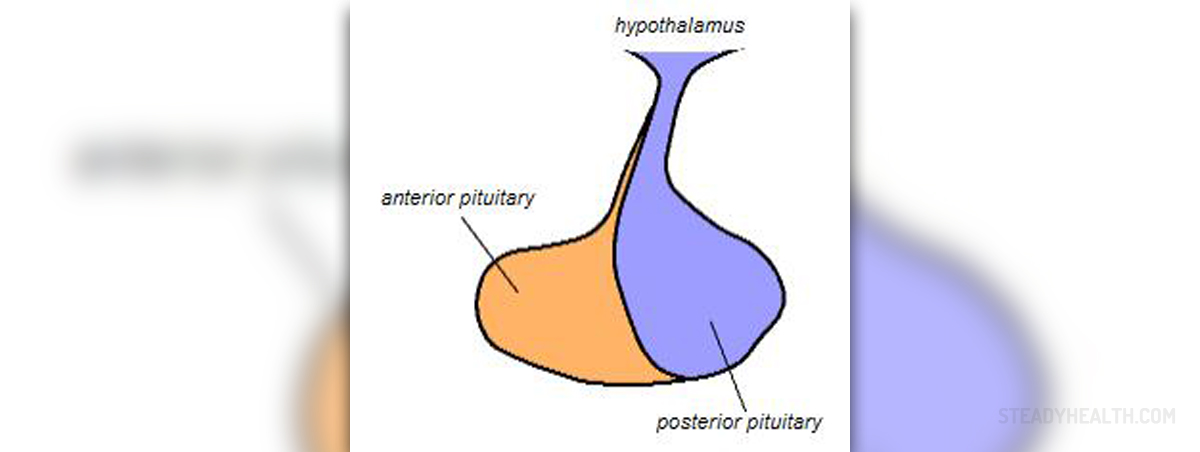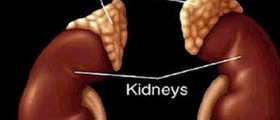
The endocrine system consists of different glands which produce different hormones and control a variety of functions in our body. These hormones affect our heart, bones, fertility, metabolism, growth of tissues and have many other functions as well.
Endocrine glands are located throughout the body. In the brain there are the hypothalamus and pineal gland, in the base of the brain there is the pituitary gland, while in the neck we have the thyroid and parathyroid glands. The thymus is located in the upper part of the chest, adrenal glands sit on the top of the kidneys and islet cells are integral part of the pancreas. The ovaries and testes are female and male reproductive glands and also belong to endocrine glands. Any problem with the proper functioning of these glands may result in hormone imbalance and cause some endocrine problems (disorders or diseases).
What Can Lead to Endocrine Disorders?
The endocrine system is controlled by a feedback system, which keeps the level of hormones in the blood balanced. Too little or too much of certain hormone(s) is therefore signaled to the appropriate gland and it should immediately fix this problem. If this system does not work as it should be, the person experiences hormone imbalance and there is some health problem.
Endocrine diseases might be provoked by over or under production of hormones (hormone imbalance) or in some cases, by development of nodules or tumors (lesions) in some part of the endocrine system.
As mentioned, problems with the endocrine feedback system may be responsible for hormone imbalance and endocrine disorders, but the same problem may also arise in people suffering from some infections or other medical conditions. Injuries to an endocrine gland or a tumor in some of these glands can also lead to endocrine disorders. Some patients could be genetically predisposed to endocrine disorders such as congenital hypothyroidism or multiple endocrine neoplasia (MEN), while others could simply have problems with these glands. As a matter of fact, some glands, responsible for stimulation of other endocrine glands may fail to do their job and the person could suffer from lack of hormones and subsequent endocrine problems.
Endocrine Disorders Types
There is many endocrine disorders and some of them, like diabetes, are very common. Other endocrine disorders may not be so frequently seen, but still present more or less serious problems for patients suffering from them. Adrenal insufficiency, Cushing’s disease, acromegaly (gigantism), MEN I and MEN II and polycystic ovary syndrome (PCOS) are some of these disorders. However, many people experience problems with the functioning of the pituitary or thyroid gland (hypo and hyperthyroidism) or precocious puberty, which develops due to premature release of sex hormones.
















Your thoughts on this
Loading...